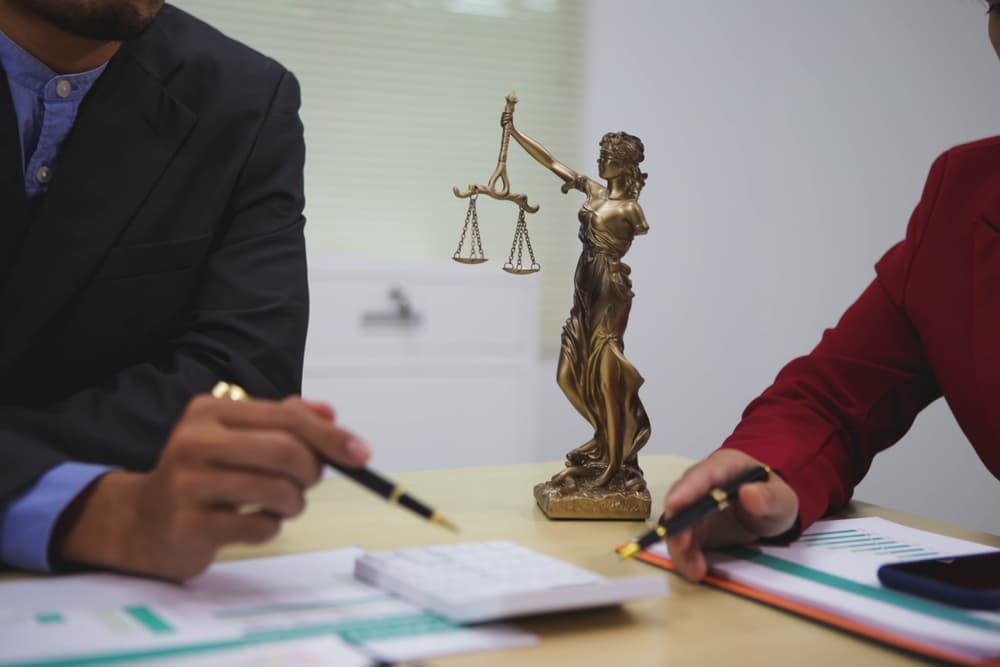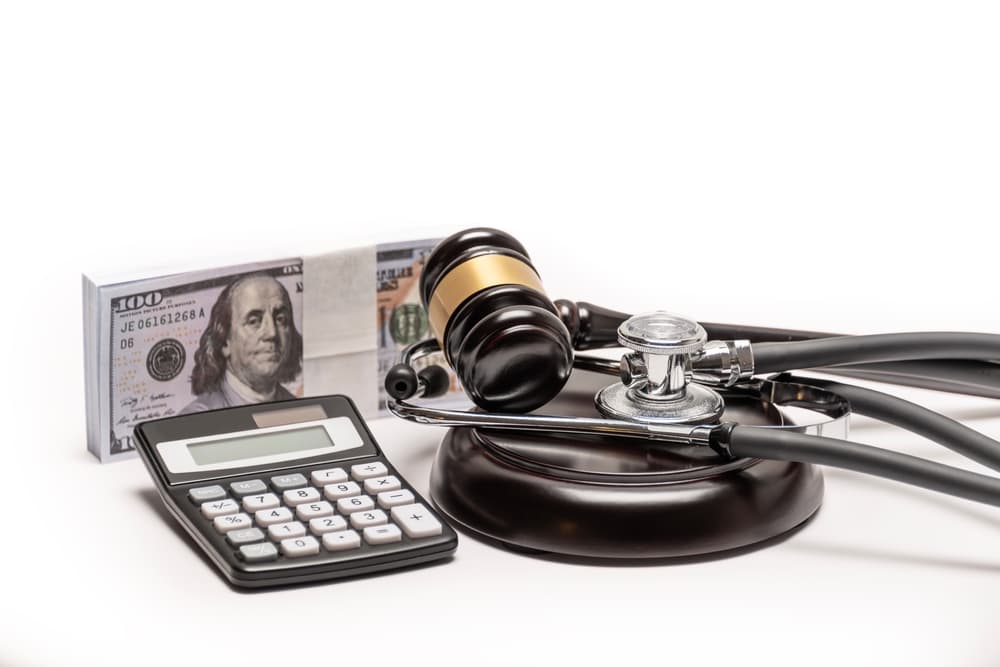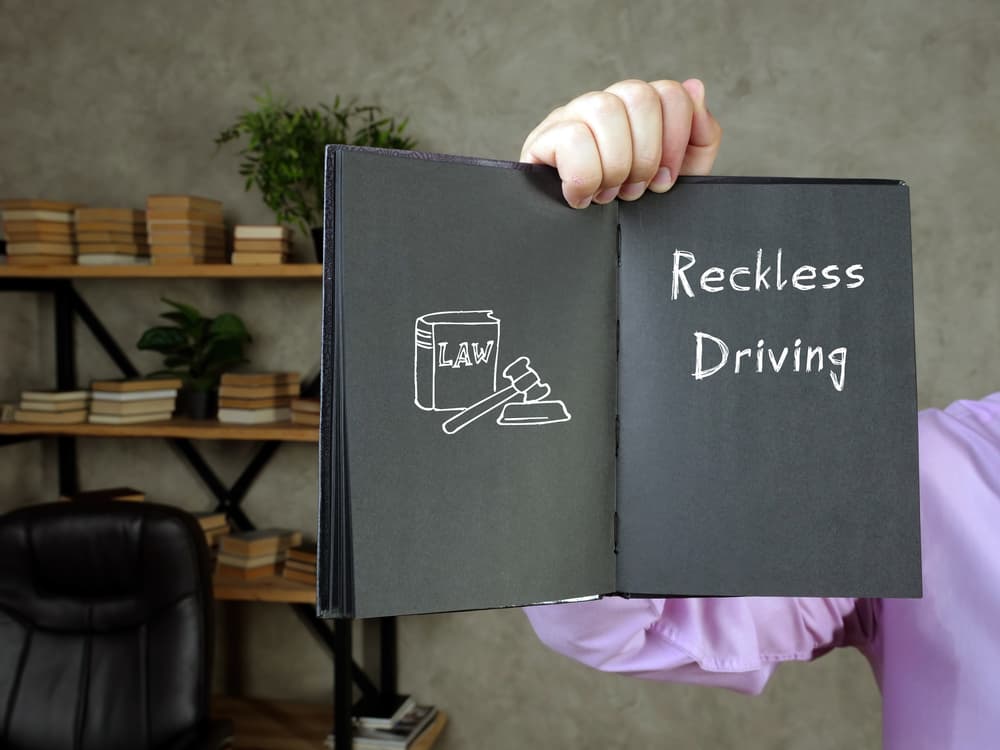A personal injury case arises when an individual suffers harm due to someone else’s negligent actions or inactions. This can include incidents like car accidents, slips and falls, or medical malpractice. Victims seek compensation for medical expenses, lost income, and pain and suffering.
To find the right attorney, you should start by researching lawyers who regularly handle personal injury matters, look for reviews and testimonials to assess their reputation, and schedule consultations to discuss your case. You should also ask about their track record in similar cases and clarify their fee structure. Ultimately, you want to choose an attorney who you are comfortable with and have confidence in.
If you've been injured in a car accident, contact an experienced car accident lawyer near you right away for expert legal assistance.
Schedule a Free Initial Consultation Today!
Types of Personal Injury Matters
Personal injury cases arise when someone suffers harm due to another person or entity’s negligence. These matters can take various forms, with some types being more common than others.
- One of the most frequent types of personal injury cases involves car accidents. When drivers fail to exercise reasonable care – such as by speeding, texting while driving, or driving under the influence – they can cause serious injuries to others on the road. Victims may suffer from physical injuries, emotional trauma, and financial burdens due to medical bills and lost earnings.
- Another common type is slip and fall accidents. Property owners have a duty to maintain safe conditions on their premises. If they neglect this responsibility – such as by failing to fix broken stairs or not cleaning up spills – they can be held liable for injuries that occur on their property. These cases often hinge on whether the property owner knew about the hazard or should have known about it.
- Medical malpractice is also a significant personal injury matter. When healthcare professionals fail to provide the standard of care expected in their field, patients can suffer serious harm. This can include misdiagnoses, surgical errors, or improper treatment. These cases can be complex, requiring expert testimony to establish that negligence occurred and directly caused the injury.
- Workplace injuries are another area where negligence plays a key role. Employers are responsible for providing a safe work environment. If they fail to comply with safety regulations or do not address known hazards, employees may suffer accidents that lead to serious injuries. These cases often involve workers’ compensation claims, but there can be additional avenues for recovery if third-party negligence is involved.
- Dog bites also fall under personal injury matters. Dog owners can be held liable if their pet attacks someone and the owner does not take appropriate precautions. Laws vary by state, but generally, owners are responsible if they know their dog has aggressive tendencies.
Evidence in a Personal Injury Case
In personal injury claims and lawsuits, evidence plays a vital role in establishing the facts of the case and proving negligence. The most important types of evidence can greatly influence the outcome of a claim. Here are some key categories of evidence that are vital in personal injury matters.
- Medical Records: Medical documentation is essential in personal injury cases. These records provide evidence of the injuries sustained, the treatment received, and the effect of those injuries on the victim’s life. Detailed medical reports, diagnoses, and treatment plans can demonstrate the extent of various injuries and the associated costs.
- Photographs and Videos: Visual evidence, such as photographs and videos, can be incredibly powerful. Images of the accident scene, injuries, or property damage can help clarify what happened. Videos, whether from security cameras or witnesses, can provide an unbiased account of the events leading up to the injury, supporting the victim’s version of the story.
- Witness Statements: Testimony from witnesses who observed the incident can be key. These statements may corroborate the injured party’s account and provide insight into the circumstances surrounding the event. Eyewitness accounts can add credibility and detail that may not be captured through other evidence.
- Accident Reports: In many cases, police reports or accident reports by relevant authorities provide an official account of the incident. These documents often include important details such as the time and place of the accident, the parties involved, and initial assessments of fault. They can serve as an authoritative source of information in court.
- Expert Testimony: In complex personal injury cases, expert witnesses may be brought in to provide specialized knowledge. For example, medical professionals can explain the injuries and their long-term effects, while accident reconstruction experts can analyze the scene to determine how the incident occurred. Their knowledge can help establish a clearer understanding of the facts.
- Financial Documentation: Evidence related to financial losses, such as medical bills, pay stubs, and receipts for expenses incurred as a result of the injury, is vital. This documentation helps demonstrate the economic effects of the injury, including lost income and ongoing medical costs.
- Social Media Evidence: Posts, photos, or videos shared on social media can also be relevant. While they can sometimes be used against the injured party, they can also support a claim if they show the extent of the injuries or the effects on the victim’s life.
Each type of evidence plays a vital role in painting a complete picture of the incident and supporting the accident victim’s case.
Choosing the Right Personal Injury Attorney
Choosing the right personal injury attorney is important for the success of your case. With many attorneys available, it can be challenging to find one that best fits your needs. Here are some key steps to help you select the right lawyer.
- Assess Legal Experience and Knowledge: Start by looking for an attorney who regularly handles personal injury cases. Personal injury is a broad field, so it’s essential to find someone experienced in the specific type of case you have, whether it involves car accidents, slip and falls, or medical malpractice. Check their track record to see how many similar cases they have handled and their success rates.
- Read Reviews and Testimonials: Researching an attorney’s reputation can provide valuable insights. Look for online reviews and testimonials from past clients. These can help you gauge the attorney’s professionalism, communication skills, and ability to achieve favorable outcomes. Additionally, check if they have received any accolades or recognition in the legal community.
- Schedule Initial Consultations: Many personal injury attorneys offer free initial consultations. Use this opportunity to meet with several attorneys. Pay attention to how they interact with you and whether they take the time to answer your questions thoroughly. This meeting can help you determine if you feel comfortable with their approach and personality.
- Evaluate Communication Skills: Good communication is key in any attorney-client relationship. Your lawyer should be able to explain legal concepts in a way you understand and keep you updated on your case’s progress. During your initial meetings, assess whether the attorney listens to your concerns and responds clearly.
- Discuss Fees and Payment Structure: Personal injury attorneys often work on a contingency fee basis, meaning they only get paid if you win your case. However, it’s important to understand their fee structure, including any additional costs that may arise during the legal process.
- Consider Local Knowledge: An attorney who’s familiar with local laws and courts can be advantageous. They may have established relationships with local judges and other legal professionals, which can help in negotiating your case effectively.
- Trust Your Instincts: Finally, trust your gut feeling. Choose an attorney you feel comfortable with and confident in. Your attorney will represent you during a challenging time, so it’s essential to have someone you trust on your side.
Taking these steps can help you find the best legal advocate for your case.
How Can a Personal Injury Lawyer Help?
A personal injury attorney plays a valuable role in handling the complex nature of your claim or lawsuit. Their knowledge and skills can significantly influence the outcome of your case. Here are some of the most important ways an attorney can assist you.
- Case Evaluation: A skilled attorney will assess the details of your case to determine its strengths and weaknesses. They can provide you with an honest evaluation of your chances for success, helping you understand the potential outcomes. This evaluation can guide your decisions throughout the process.
- Gathering Evidence: Building a strong case requires substantial evidence. An attorney knows what types of evidence are essential, such as medical records, accident reports, and witness statements. They will collect and organize this evidence, ensuring that it effectively supports your claims.
- Negotiating with Insurance Companies: Dealing with insurance companies can be daunting, especially when they may attempt to minimize your compensation. A personal injury attorney is well-versed in negotiation tactics and can advocate on your behalf. They will work to secure a fair settlement, ensuring that you receive compensation that accurately reflects your injuries and losses.
- Representing You in Court: If a fair settlement cannot be reached, your attorney will be prepared to take your case to court. They will develop a solid legal strategy, present evidence, and make compelling arguments on your behalf. Having a knowledgeable attorney by your side can significantly improve your chances of a favorable verdict.
- Handling Legal Paperwork: The legal process involves a considerable amount of paperwork, including filing documents, deadlines, and court forms. An attorney will manage all necessary paperwork, allowing you to focus on your recovery without the added stress of legal complexities.
- Emotional Support: Beyond legal knowledge, a personal injury attorney can provide emotional support during a challenging time. They understand the effects of your injuries and can guide you through the emotional ups and downs of the legal process.
A personal injury attorney's skills and experience can make a significant difference in the outcome of your claim or lawsuit, ensuring that you receive the compensation you deserve.
Types of Recoverable Third-party Damages in Personal Injury Cases
In a third-party personal injury claim or lawsuit, victims may seek compensation to address the effects of their injuries and the damages they caused. The main types of damages include economic damages, non-economic damages, and punitive damages.
Economic damages refer to the tangible financial losses resulting from an injury. These damages are relatively easy to calculate because they involve actual expenses and lost income. Common examples include:
- Medical Expenses: This includes hospital bills, doctor visits, surgeries, rehabilitation, and ongoing medical care related to the injury.
- Lost earnings: If your injury prevents you from working, you can recover lost income for the time you were unable to work. This also covers future earnings if the injury affects your ability to continue in your current job or career.
- Property Damage: If your personal property was damaged in the incident – such as a vehicle in a car accident – you may be compensated for repair or replacement costs.
- Other Out-of-Pocket Expenses: This can include costs for transportation to medical appointments, home modifications needed for accessibility, and any necessary medical equipment.
Non-economic damages, on the other hand, are more subjective and compensate for the emotional and psychological effects of an injury. These damages are harder to quantify but are still significant. Common examples include:
- Pain and Suffering: This compensation reflects the physical pain and discomfort endured due to the injury. It takes into account both the immediate pain and any chronic pain that may persist.
- Emotional Distress: Injuries can lead to anxiety, depression, or PTSD. Compensation for emotional distress acknowledges the psychological toll of the injury.
- Loss of Enjoyment of Life: If the injury prevents you from participating in activities you once enjoyed, such as hobbies or social outings, you may receive compensation for this loss.
- Loss of Consortium: In cases where the injured person is married, their spouse may claim damages for the loss of companionship, affection, and intimacy they experience.
Finally, punitive damages are not intended to compensate the victim but rather to punish the at-fault party for particularly reckless or malicious behavior. These damages also aim to deter similar conduct in the future. Punitive damages are awarded in cases of gross negligence or intentional wrongdoing.
A skilled personal injury attorney will do everything they can to maximize the compensation you receive for your injuries.
Call a Knowledgeable Personal Injury Lawyer Today
If you sustained injuries in an occurrence that resulted from someone else’s negligence, you are not alone. A skilled Michigan personal injury attorney can promptly evaluate your case circumstances, determine your options, and begin pursuing the financial compensation you deserve for your losses.






